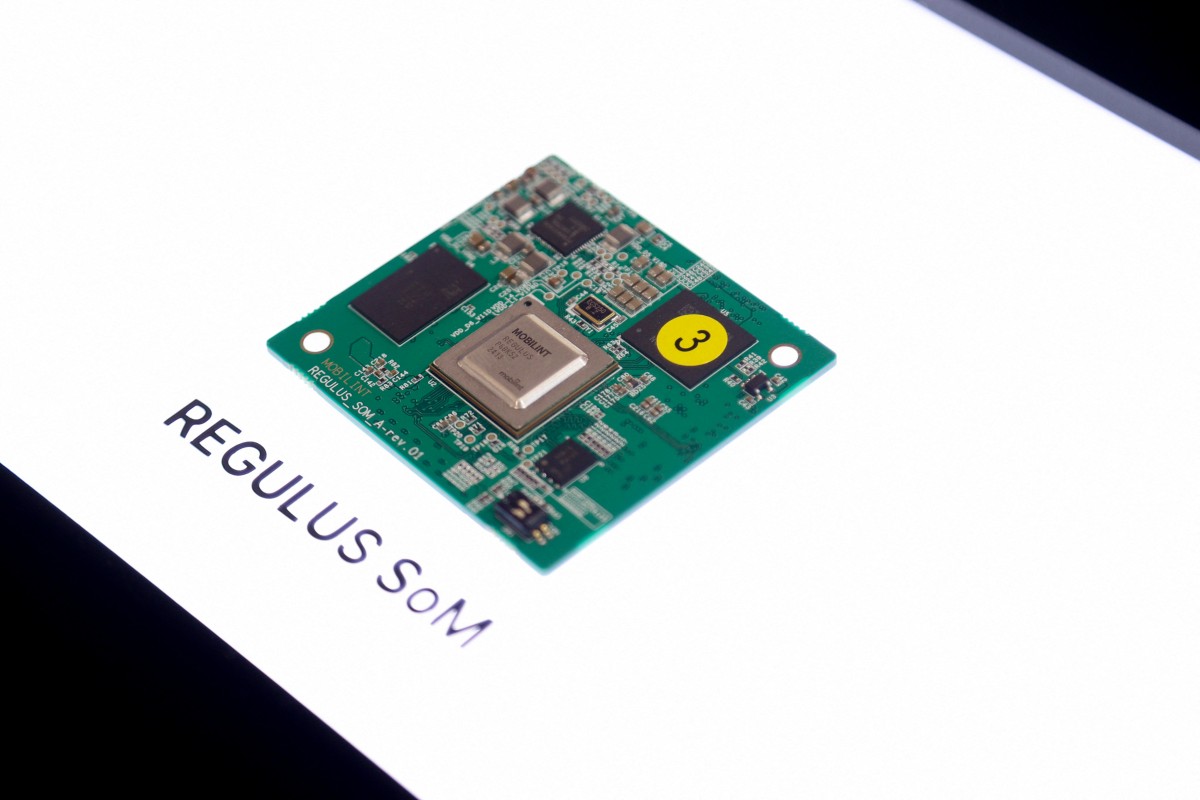
SACRAMENTO, United States - Major US tech firms and industry groups on Monday slashed US President Joe Biden administration's sweeping new controls on AI chip exports, which could severely damage America's global competitiveness in AI technology and tech market leadership.
The new 200-page rules, released just days before President-elect Donald Trump takes office, would impose worldwide restrictions and licensing requirements on advanced computer chip exports for AI applications.
The rules would particularly affect graphics processing units (GPUs) that power AI systems. Leading chipmakers, cloud computing companies, and industry associations sharply criticized the regulations.
"We're deeply disappointed that a policy shift of this magnitude and impact is being rushed out the door days before a presidential transition and without any meaningful input from industry," said John Neuffer, president of the Semiconductor Industry Association, in a statement released Monday.
He warned that the regulations risk "causing unintended and lasting damage to America's economy and global competitiveness".

The framework creates a complex new system where only 20 "trusted" economies, including close US allies like the United Kingdom, Japan, and Germany, would be exempt from strict export caps.
Other key US partners like Israel, Singapore, Brazil, India, Saudi Arabia, and the United Arab Emirates would face significant restrictions under a "Low Processing Performance" license exception with tight country-specific limits on chip imports.
ALSO READ: EU officials express concern over US restrictions on AI chip exports
Oracle Executive Vice-President Ken Glueck highlighted how the rules could dramatically impact the global cloud computing industry.
"For the first time, we are applying draconian new regulations to largely unregulated public, commercial cloud," Glueck said in a statement. He noted that data centers worldwide would need to meet stringent US government security standards called "FedRAMP High" - requirements typically reserved for handling sensitive federal data.
Ned Finkle, Nvidia's vice-president of government affairs, argued that the regulations "would impose bureaucratic control over how America's leading semiconductors, computers, systems and even software are designed and marketed globally."
According to the Information Technology and Innovation Foundation (ITIF), Nvidia controls 70 to 95 percent of the global market for AI accelerator chips. Nvidia called the new rules "unprecedented and misguided".

Industry critics identified several significant "flaws" in the framework. The rules regulate all global commercial cloud computing for the first time through new requirements like trying to control who can access cloud services and how much processing power they can use, but keeping track of this globally will be difficult.
The restrictions also ignore how AI systems actually work - companies can achieve similar capabilities by simply using more lower-powered chips, meaning competitors could circumvent the rules while US firms lose market share.
The framework could undermine both US companies' market position and the goals of the CHIPS Act meant to strengthen domestic semiconductor production, the critics said.
Oracle called it "a regulatory morass" of new compliance obligations. Critics argued the rushed timeline, combined with a lack of industry consultation, could cause severe disruption to US technology leadership.
READ MORE: Ministry: China firmly opposes US restrictions on AI exports
"By pressuring others to choose between the United States and China, the administration risks alienating key partners," said Daniel Castro, ITIF's vice-president.


